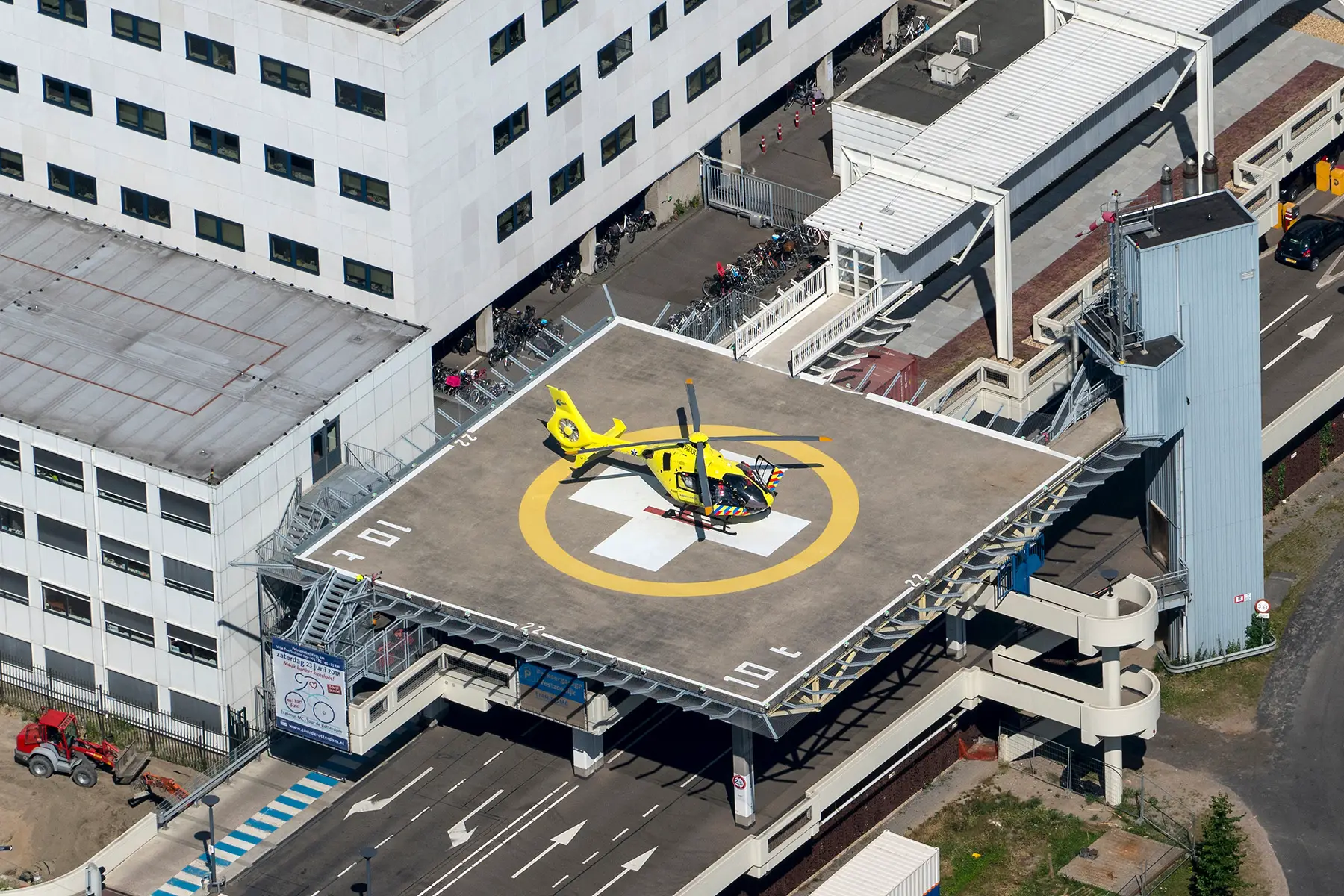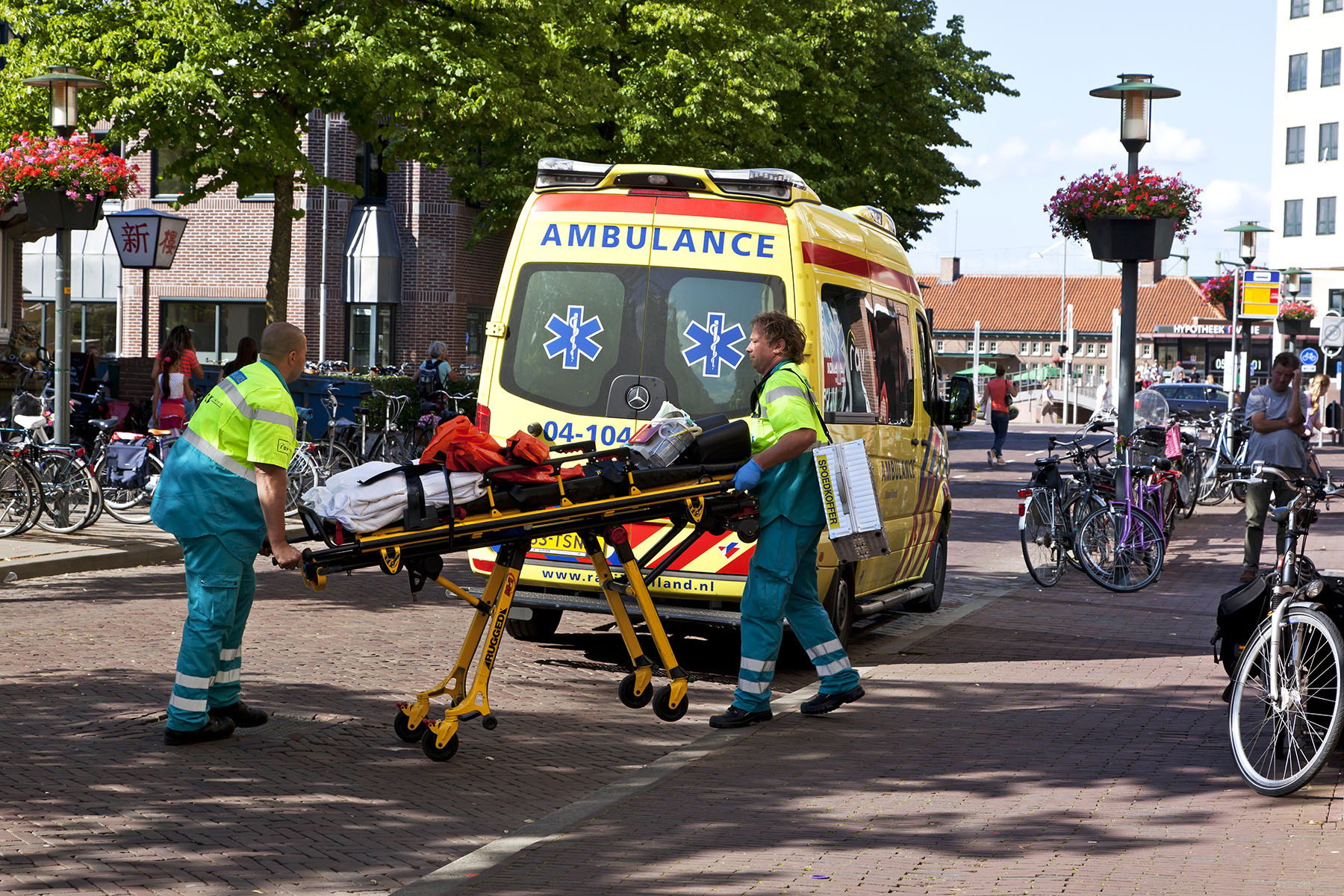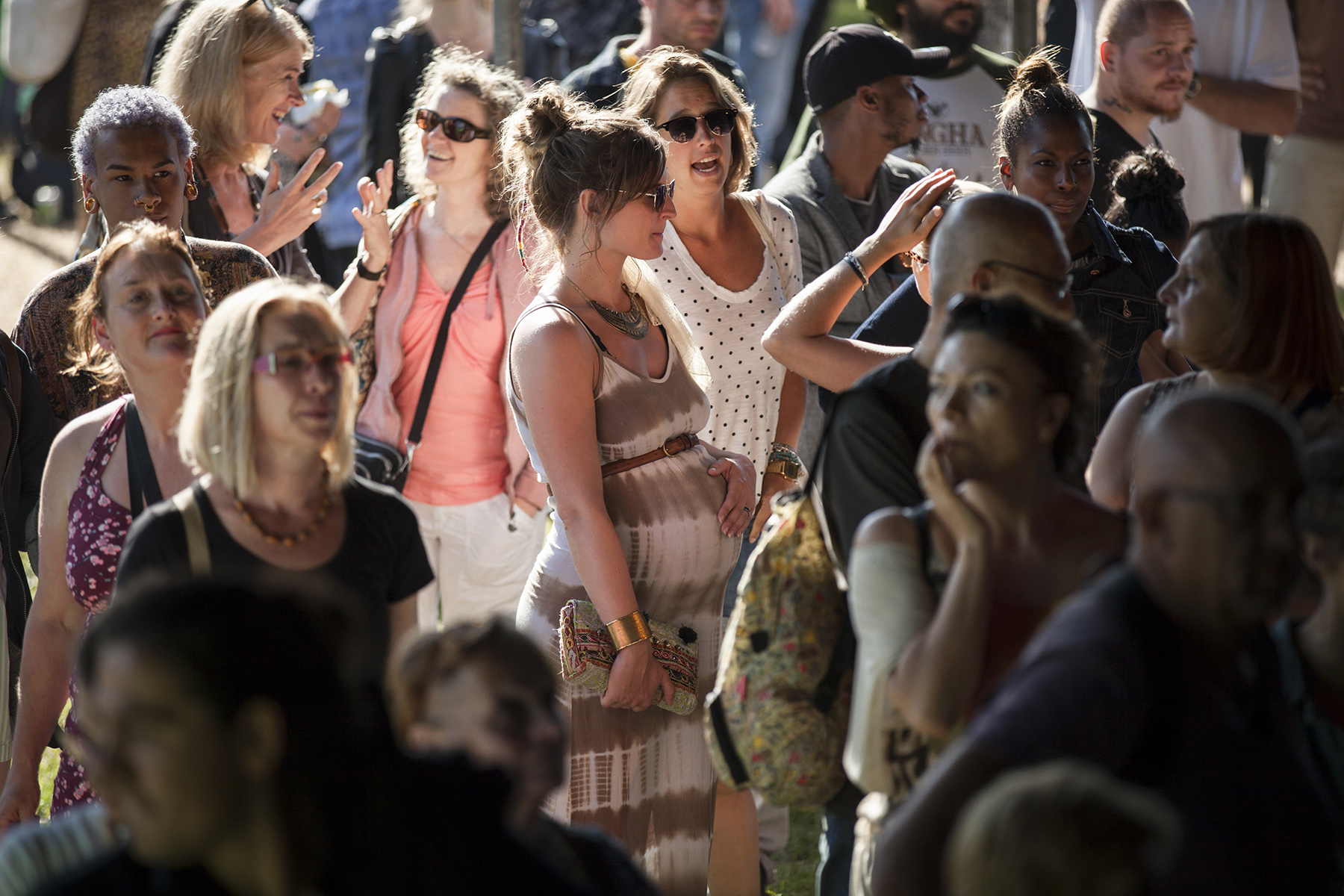Many new arrivals may find that women’s healthcare in the Netherlands differs from the system in their home country. Standards of healthcare are good, but you need to register with services upon arrival to access what is available.
This guide covers what you need to know when moving to the Netherlands, with sections on:
- Women’s health in the Netherlands
- Accessing women’s healthcare services in the Netherlands
- Insurance for women’s healthcare in the Netherlands
- Gynecologists in the Netherlands
- Women’s contraception in the Netherlands
- Maternity care services in the Netherlands
- Breastfeeding in the Netherlands
- Fertility treatment in the Netherlands
- Abortion in the Netherlands
- Menopause in the Netherlands
- Cancer screenings in the Netherlands
- Sexual health in the Netherlands
- Availability and cost of feminine hygiene products
- Women’s clinics and health centers in the Netherlands
- Useful resources
Zilveren Kruis
Looking for expat-friendly health cover in the Netherlands? Zilveren Kruis offers a range of health products tailored to English-speaking residents, giving you peace of mind for whatever going on in your life. Explore Zilveren Kruis's policy options today and get the right coverage for you.
Women’s health in the Netherlands
The general level of healthcare provided to Dutch citizens is excellent by global standards. The Netherlands ranks second overall on the 2018 Euro Health Consumer Index. Everyone can use public healthcare, with a wide range of private services also available.
The Netherlands is the third-ranked country in terms of health on the 2022 Euro Gender Equality Index, scoring 94.2 out of 100. Women score slightly lower than men in terms of the percentage of people in good health and living a healthy lifestyle. However, they have a better life expectancy at 83 (in comparison to 80 for men). Both genders score highly in terms of accessing services.
Accessing women’s healthcare services in the Netherlands
The Dutch achieve their highest scores in terms of healthcare access. In terms of gender equality, they score 94.2 out of 100. Both men and women are able to access available services without noticeable barriers. Around 2% of women with disabilities report unmet needs for medical care, which is positive by global standards but shows there is room for improvement.
All citizens and residents can access both public and private women’s healthcare in the Netherlands. They can do this by registering for public health insurance when moving to the country. This entitles you to state-funded services. To access private medical care, you must take out a private insurance policy.
Insurance for women’s healthcare in the Netherlands
Public health insurance covers much of the costs for women’s healthcare in the Netherlands. This includes:
- Maternity care
- Sexual healthcare
- Gynecological care
- Some cancer screenings
You are free to select the health insurance provider of your choice. However, you may find it easier to opt for a company that offers information in English, as many have Dutch-only websites. Some notable expat-friendly health insurance providers include:
Many expats prefer the ease of international health insurance premiums due to English-speaking services and overseas coverage options. International health insurance companies in the Netherlands include:
Read up on individual providers and how to choose between them on our Dutch health insurance quotes page. Residents from EU/EFTA countries can usually access services for a certain period of time through their European Health Insurance Card (EHIC).
Gynecologists in the Netherlands
Doctors perform many basic gynecological services in the Netherlands. Once you register with a local GP, you may access these. Specialist and private gynecologists are available but are not as common as in some other countries.
If you want to access gynecological care in the Netherlands, you should speak to your GP in the first instance. They decide if you need specialist treatment and make a referral if necessary. If you have private Dutch health insurance, you can choose to see a specialist without a referral. You will also be able to choose your own gynecologist.

Gynecological check-ups are not routine in the Netherlands. Your GP will offer you a gynecologist if you are pregnant or need specialist treatment. Cancer checks and other health checks are available to women above a certain age. Health insurance covers most standard services.
Specialist treatment usually takes place in hospitals or specialist centers such as the Women’s Healthcare Center.
Women’s contraception in the Netherlands
Birth control
Birth control in the Netherlands is readily available and widely used. All forms of birth control are free to under-18s, covered in full by health insurance for those aged 18 to 20, and usually partially reimbursed to over-21s. However, you need a prescription for all methods other than condoms and emergency contraception.
The most common form of contraception is the birth control pill, which an estimated 40% of Dutch women aged 15 to 30 use. You can obtain the pill from Dutch pharmacies on prescription. Costs are around €50 a year if you are 21 or over.
Around 5 to 10% of women aged 15 to 30 use intrauterine devices (IUDs). You can get these copper devices fitted by your GP or at the hospital. Costs vary between €45 to €120. Implants are another option. This is a plastic device inserted into your upper arm which releases hormones to prevent pregnancy. Standard health insurance does not cover this, however, so you will need to buy extra coverage.
You can buy condoms in Dutch pharmacies and supermarkets as well as at vending machines.
The morning-after pill
You don’t need a prescription for emergency contraception in the Netherlands. Pharmacies sell this over the counter. There are various brands available, the most well-known being the EllaOne pill which you can take up to five days after unprotected sex. This costs around €25.
Most other brands offer protection up to three days after unprotected sex. The cost is usually around €15 to €20.
Maternity care services in the Netherlands
You can access maternity care services as part of women’s healthcare in the Netherlands. Health insurance covers most of the costs. If you think you are pregnant, you should contact your GP in the first instance. They will normally refer you to a midwife for prenatal care and a maternity nurse for antenatal care.
Most Dutch births take place in a hospital; however, the Netherlands has a higher than average number of home births. According to World Health Organization statistics from 2015, 16.3% of Dutch births occur at home. Women in the Netherlands can also choose to have their baby in a birth center (geboortecentrum), which has a more homelike feel than a hospital.
Breastfeeding in the Netherlands
Public breastfeeding is a legal right in the Netherlands. It is also socially accepted and fairly commonplace. Many cafés and public spaces now promote themselves as breastfeeding-friendly. Dutch law requires that employees must provide a breastfeeding space for mothers returning to work during the first nine months and allow for 25% of work time to be spent on feeding or pumping.
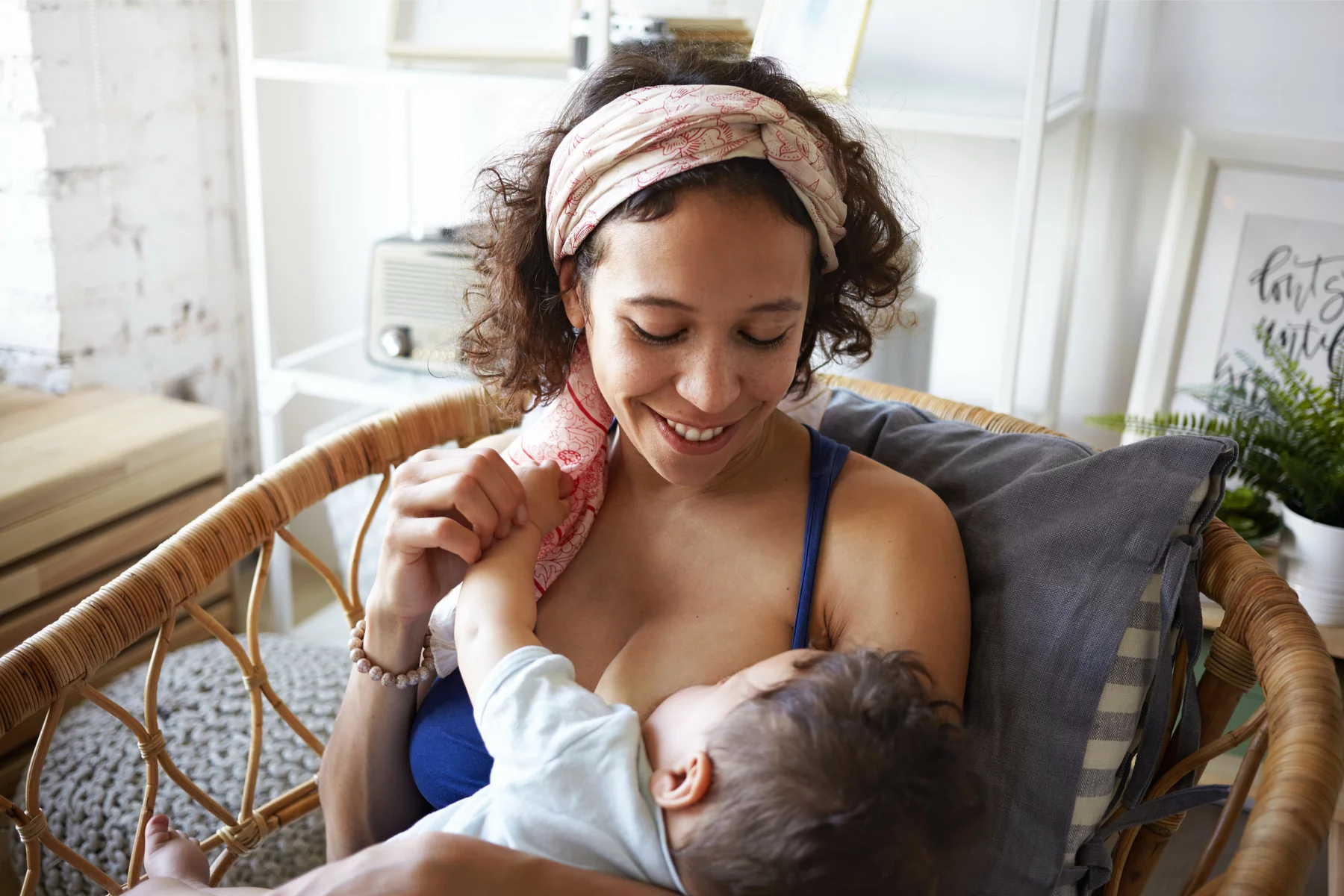
Your maternity nurse should be able to provide you with breastfeeding support such as accessing breastfeeding courses or dealing with any issues or queries. You can also find useful information through the Cooperating Breastfeeding Organizations (Samenwerkende Borstvoeding Organisaties – SBA).
Read our informative article on how breastfeeding is viewed around the world.
Fertility treatment in the Netherlands
Around 20% of Dutch couples are unable to conceive naturally. Fortunately, there is a range of fertility treatments available through standard health insurance packages.
Dutch heterosexual couples are advised to try and conceive naturally for one year unless there is an identifiable fertility issue. Treatments are also available for single women and lesbian couples. If you require treatment, your GP will refer you to a fertility clinic where you can make an appointment.
Initial diagnostic tests take around three months, after which time treatment begins. Fertility treatment methods common in the Netherlands are:
- In Vitro Fertilization (IVF) – where the egg is removed from the ovaries, fertilized with sperm in a lab and returned to develop in the womb.
- Intracytoplasmic sperm injection (ICSI) – an IVF technique where a single healthy sperm is injected into each egg to maximize chances of fertility.
- Intrauterine Insemination (IUI) – treatment where sperm is directly inserted into the womb.
- Ovarian stimulation – often used as a first-step treatment where medication induces ovulation to increase the number of eggs released.
- Fertility surgery – such as surgical procedures on the Fallopian tubes or the womb.
IVF/ICSI is the most common treatment in the Netherlands. The success rate for IVF/ICSI was 36.2% per cycle in 2017.
Most fertility treatments in the Netherlands are available to women until the age of 45, although some clinics set age thresholds slightly lower at 42 or 43. Health insurance will cover most treatments including three IVF/ICSI cycles.
You can find out more information on the Dutch Society for Obstetrics and Gynecology (NVOG) website.
Abortion in the Netherlands
Abortion laws in the Netherlands
Getting an abortion has been legal in the Netherlands since 1984. You can get an abortion up to 21 weeks into the pregnancy, or up to 24 weeks in certain medical circumstances. After this, abortion is only possible if the expectant mother’s life is at risk.
Getting an abortion in the Netherlands
You do not need a GP referral to get an abortion in the Netherlands. However, it is advisable to speak to your GP or a health professional before making a decision.
Hospitals and abortion clinics perform abortions in the Netherlands. Insurance covers the costs for all Dutch residents. You normally have to answer some routine questions, such as why you want to have an abortion, and there is a five-day consideration period after making the decision.
You must provide your Dutch health insurance card along with a valid ID when attending your appointment.
The Dutch government website has information on abortions in the Netherlands. Also, see Fiom’s website for information and support around abortions.
Menopause in the Netherlands
Approximately 1.5 million women in the Netherlands experience menopause each year. Those aged 40 to 60 experiencing symptoms should contact their GP or gynecologist to discuss treatment options.
Treatments available include hormone replacement therapy (HRT) as well as non-hormonal treatments such as counseling or lifestyle changes. You should check with your insurer before deciding on treatment to see whether your coverage plan includes it.
Cancer screenings in the Netherlands
The Dutch tend to have quite a hands-off approach to healthcare, providing good levels of service but routine checkups and screenings are rare. For women’s healthcare in the Netherlands, there are national cervical and breast cancer screening programs aimed at particular age groups.
The Netherlands has relatively high rates of cancer among women. According to the World Cancer Research Fund, the country has the fourth-highest rate in the world with 302.1 women per 100,000 living with cancer. The death rate for breast cancer among Dutch women is 34.9 per 100,000. This is above the EU average of 32.7 per 100,000.
How to get screened for cervical cancer
The cervical cancer screening program in the Netherlands is for women aged between 30 to 60 who can access a Pap smear test once every five years. Women will receive an invitation to have their first test at their GP surgery upon turning 30.
If you feel uncomfortable being tested by your GP, you can request a self-sampling device that you then send off to the lab for testing. The test is for human papillomavirus (HPV). If HPV is present, you will be invited for a follow-up smear test six months later or, if abnormal cells are also present, you will be referred to a gynecologist for further examinations.
Public health insurance usually covers costs for cervical cancer screening.
How to get screened for breast cancer
Women aged between 50 and 75 in the Netherlands are invited for a mammogram every two years as part of the National Breast Cancer Screening Program. The purpose of the program, covered by health insurance, is to detect symptoms of cancer at an early stage. Around one in eight Dutch women develop breast cancer at some point in their lives.
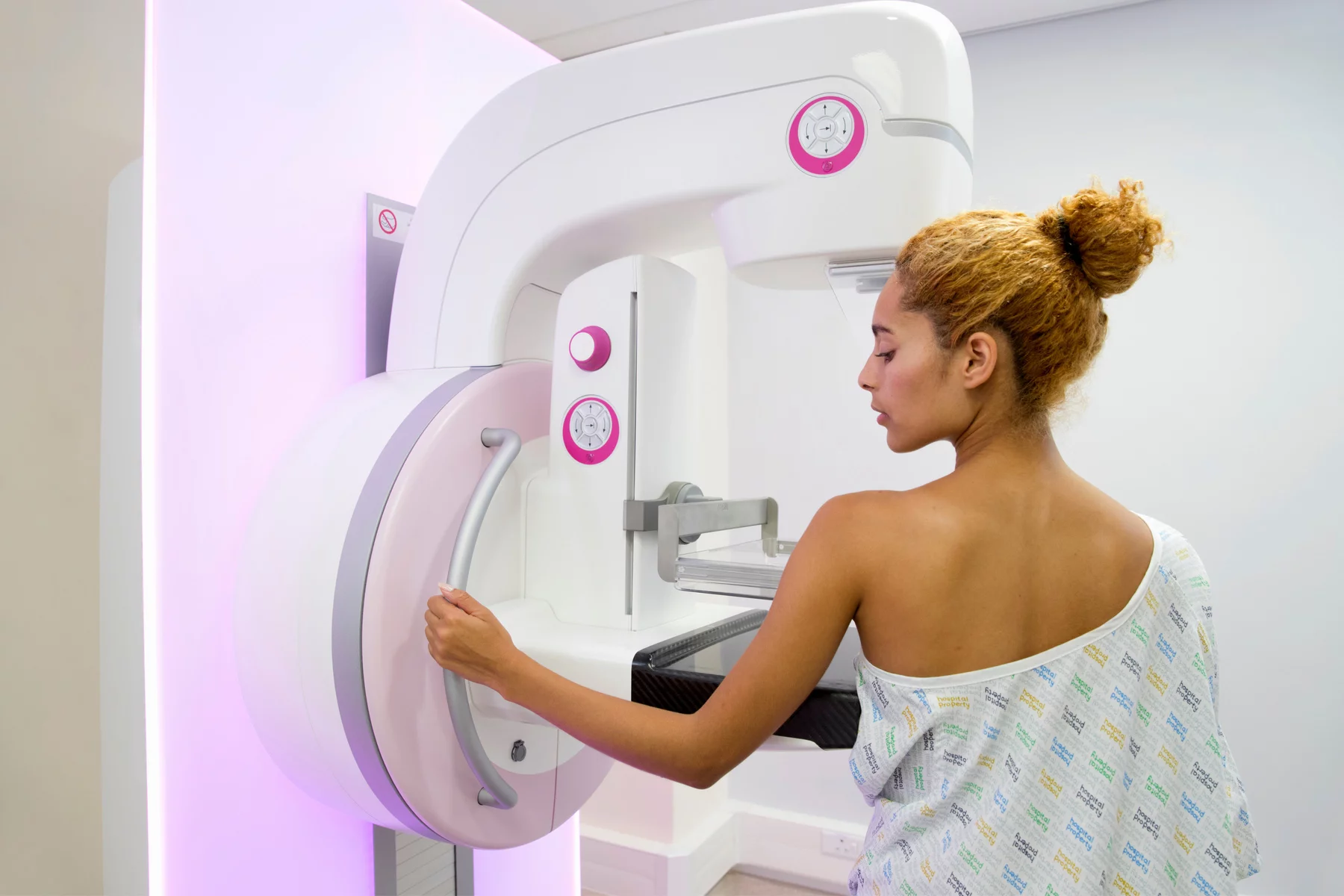
Radiologists conduct screenings at mobile mammography units. You should receive the results within two weeks. These are a Breast Imaging and Reporting Data System (BI-RADS) score between one and five. Scores of four and five indicate a likelihood of breast cancer. In these instances, you will be referred to a hospital for further tests and advised to contact your GP.
Currently, just under 2.5% of women participating in the screening program are referred to a hospital. You should contact your GP if you are outside the targeted age group and experience any abnormalities.
How to get screened for ovarian cancer
There are no nationwide or routine screening programs for ovarian cancer. However, your GP may advise testing if you develop any problems or have a family history of ovarian cancer. Your GP normally carries out the tests, which can involve an ultrasound or a blood test.
Sexual health in the Netherlands
The Netherlands has a fairly liberal attitude towards sexual health. Sex education forms part of the school curriculum and municipalities have to provide sexual health promotion services that include counseling and advice.
You can access tests for sexually transmitted infections (STI) either through your GP or at a sexual health clinic, with health insurance covering most costs. You don’t need a doctor’s referral to attend a clinic and usually don’t need an appointment if you have a specific complaint.
In Amsterdam, you can receive free tests and treatment at the STI Outpatient Clinic (SOA Polikliniek).
Availability and cost of feminine hygiene products
You can buy sanitary pads, tampons, and pantyliners in most Dutch pharmacies and supermarkets. Products are taxed at a reduced 9% rate and typically cost between €2 to €6. Campaigns to make sanitary products free for women have so far been unsuccessful. Research by De Bovengrondse has found that one in ten young women aged 12 to 25 in the Netherlands often can’t afford tampons or sanitary pads.
Around 5% to 6% of young Dutch women use menstrual cups. You can buy these online and from some pharmacies and supermarkets for around €20 to €25.
Women’s clinics and health centers in the Netherlands
In addition to hospitals and GP surgeries, you can find multi-disciplinary health centers, sexual health clinics, specialist clinics, and outpatient centers that offer women’s healthcare in the Netherlands. Contact your local municipality to see what is available in your region.
Useful resources
- Rijksoverheid – family and healthcare section of the site
- National Institute for Public Health and the Environment – part of the Ministry of Health, Welfare, and Sport
- Women’s Healthcare Center – independent treatment center specializing in gynecology
- Dutch Society for Obstetrics and Gynecology (NVOG)
- La Leche League – information and advice on breastfeeding
- Fiom – information and support around abortions and family planning


